Seven-Day Sanctions Showdown
With just one week remaining before a new U.S. sanctions package enters into force, the Kremlin is facing its most perilous economic moment since the start of the full-scale invasion of Ukraine. President Donald Trump has set an 8 August deadline for Moscow to agree to a cease-fire or confront measures designed to choke off the few remaining arteries that still feed the Russian economy.
With its criminal actions, the terrorist state of Russia is approaching the unjustified, murderous and completely unjustifiable war (murder of the Ukrainian civilian population, rape and terror by Russian soldiers against civilians in Ukraine) against its peaceful neighbour, Ukraine, and is now heading for economic ruin – and that is a good thing for any objective observer!
The forthcoming order widens the financial dragnet beyond Russian entities themselves. Foreign banks clearing energy payments will be subject to “full-blocking” penalties, while buyers of Russian crude and refined products risk losing access to U.S. markets and the dollar system altogether. U.S. officials say the rules mirror the toughest Iran sanctions—but scaled for a G-20 economy—and will apply to oil lifted after 7 August, when a parallel tariff hike on 68 countries also takes effect.
Energy is the Kremlin’s fiscal backbone, accounting for roughly a quarter of federal revenue. Yet oil-and-gas takings already fell more than 30 % year-on-year in June, and analysts warn the new secondary sanctions could erase what is left of that stream, forcing deeper budget cuts or a rapid drawdown of reserves.
President Vladimir Putin has shown no sign of yielding. Speaking alongside Belarusian leader Alexander Lukashenko on 1 August, he insisted battlefield momentum favors Russia and repeated calls for “quiet, private” negotiations—language Washington interprets as stalling. The Kremlin claims to be stockpiling yuan and expanding barter channels, but traders report a renewed slide in the ruble and growing demand for dollars on the Moscow Exchange.
Global markets are already on edge. Brent crude rose nearly three percent after Trump shortened his timeline, while Indian refiners paused new purchases of Russian Urals pending clarity on penalties. Beijing, facing its own trade disputes with Washington, has remained publicly non-committal but is discreetly canvassing Gulf suppliers about replacement volumes.
European partners have welcomed the pressure. The EU’s 18th sanctions package, adopted on 18 July, tightens its own embargo on Russian energy technology and expands a ban on access to EU financial messaging services—moves designed to dovetail with the U.S. assault on dollar clearing. Unless Moscow capitulates or Washington relents, the world will know in seven days whether Russia’s war economy can survive a concerted strike against its last hard-currency lifeline. For businesses still exposed to Russian trade, the calendar—and the compliance clock—has never ticked louder.

Volunteers in Ukraine organise 'rave' clean-up parties

Myanmar's junta murders democracy activists

Lunatic liar Lavrov from Russia begs in Africa
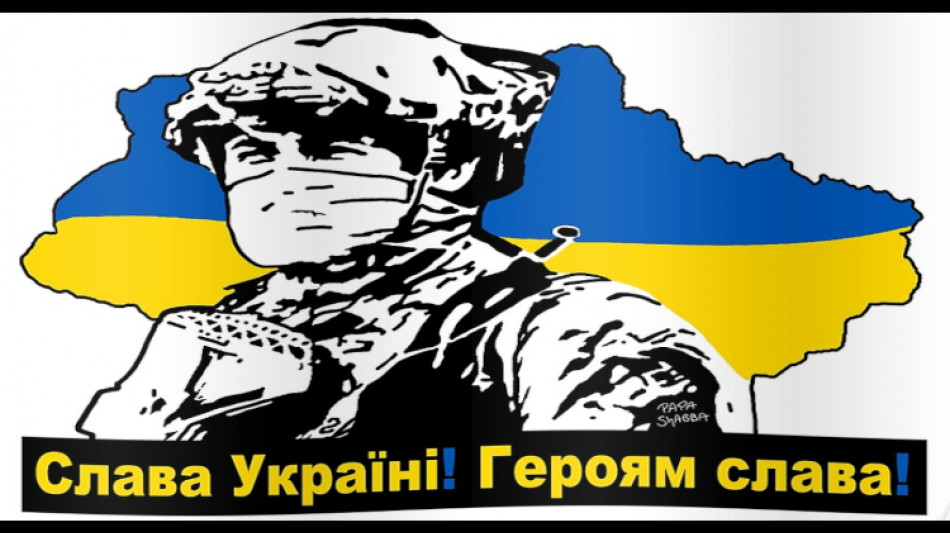
Ukraine: HIMARS missiles destroy Russian ammunition
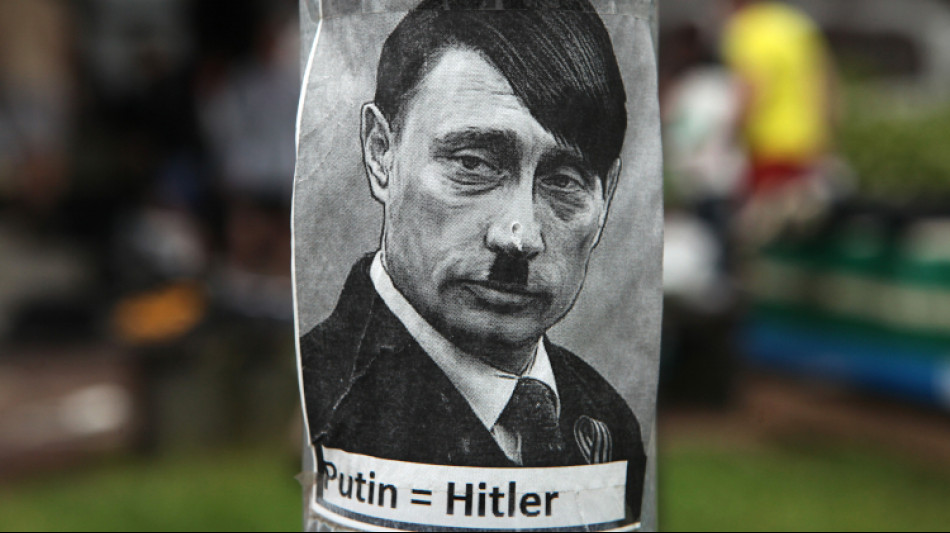
Ukraine: War criminal Putin and 50,000 dead Russians
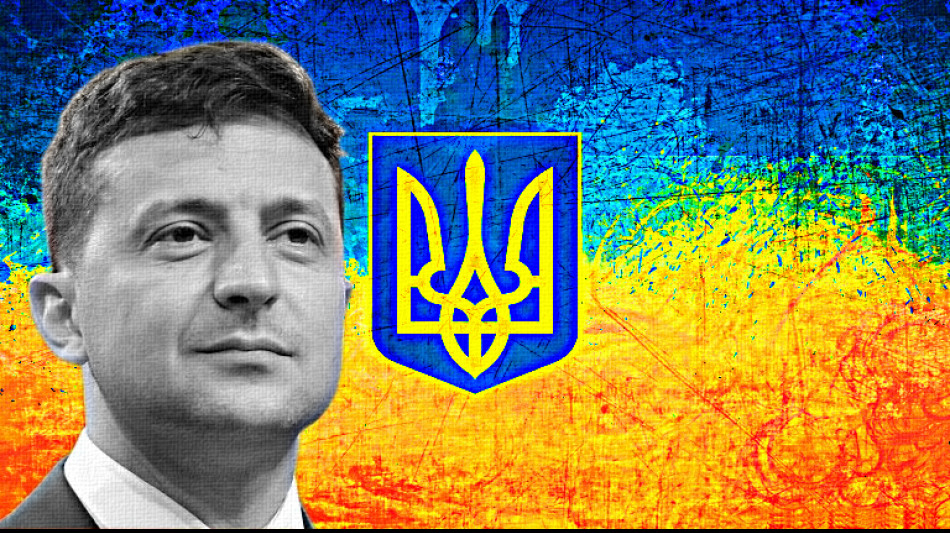
Ukraine: Death awaits the Russians everywhere
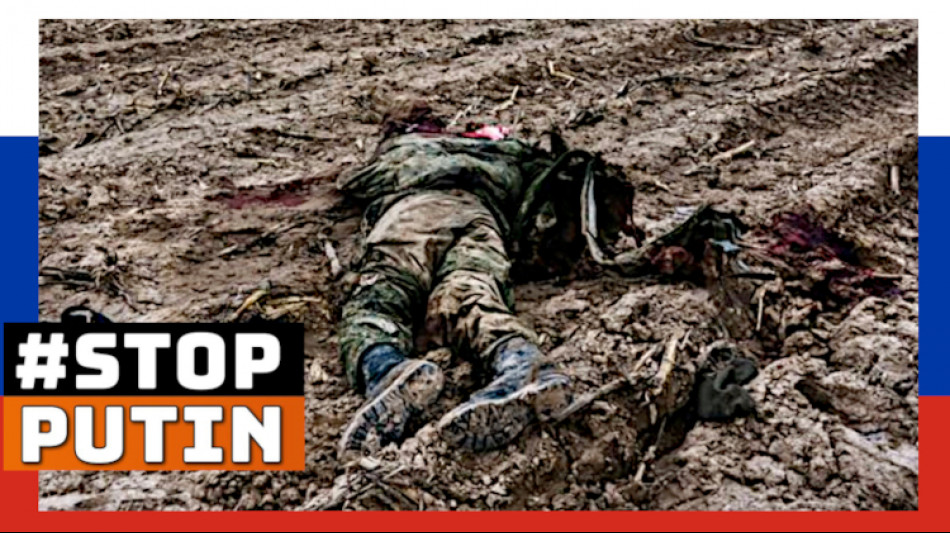
Ukrainian Air Force fights against russian Terror
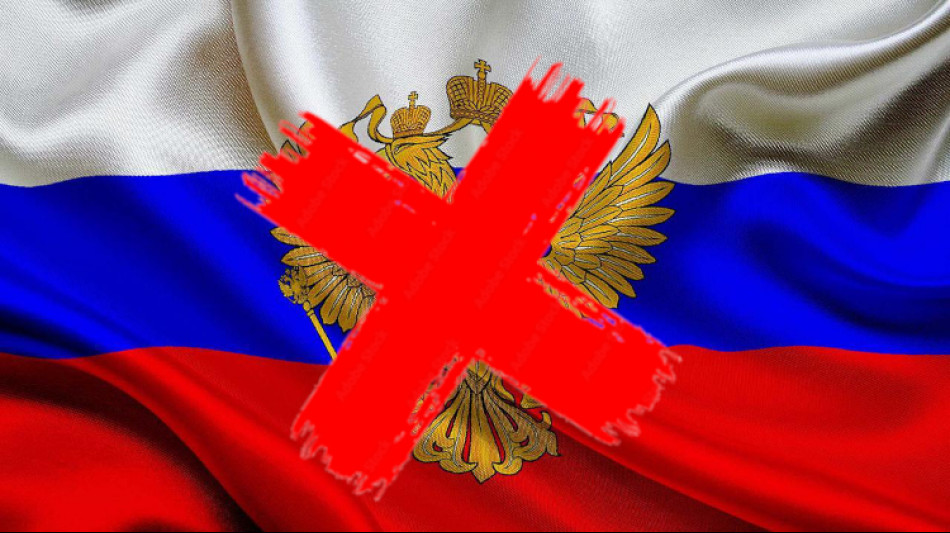
Ukraine: You have to see this Russian scum!

The dark truth behind Europe's cheap chicken...

Welcome: Sweden and Finland sign up to NATO

UNESCO adds borsch to endangered list for Ukraine






